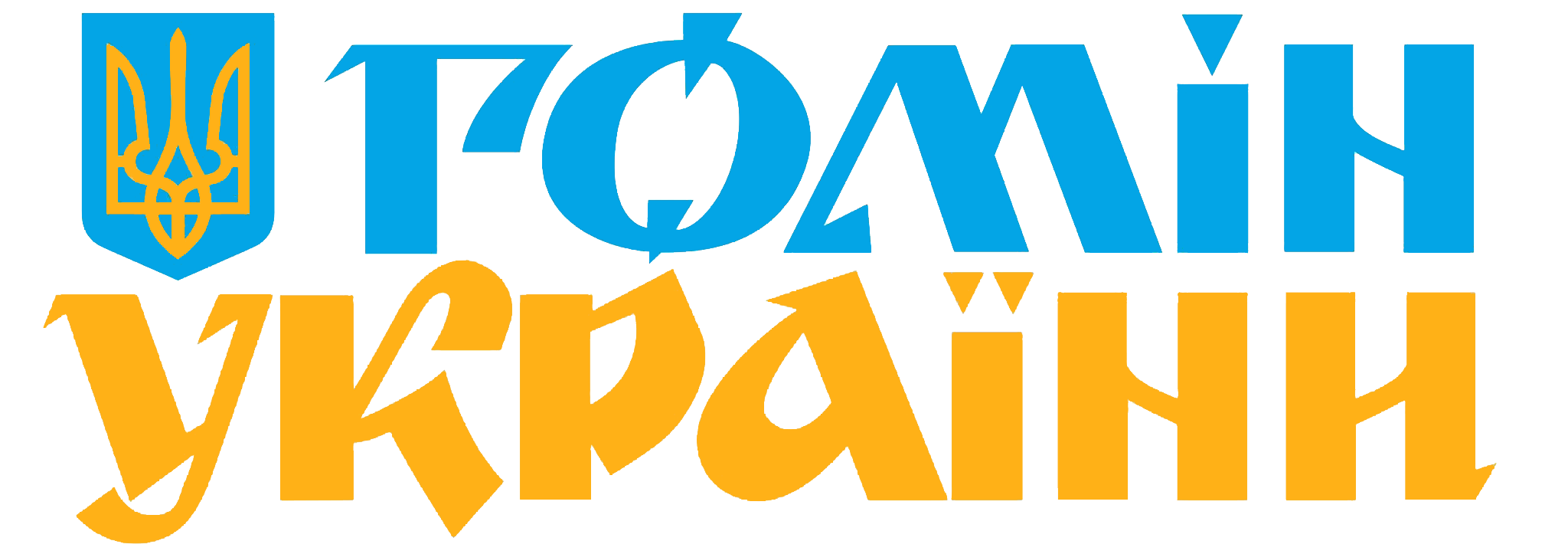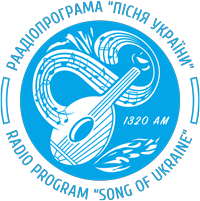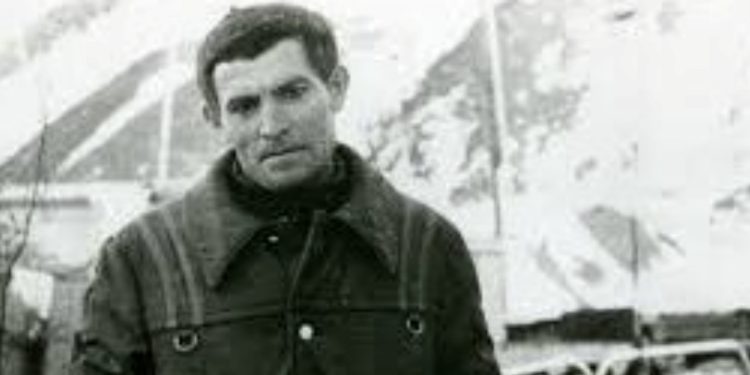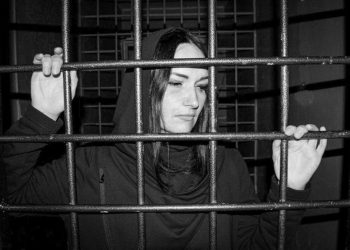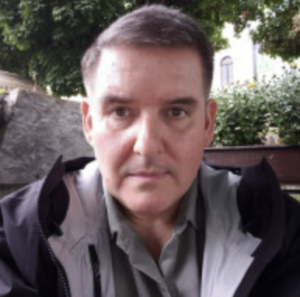 by Bohdan Cherniawski, a chief operations officer for the Ukrainian American Freedom Foundation.
by Bohdan Cherniawski, a chief operations officer for the Ukrainian American Freedom Foundation.
Silenced by the Soviets, reborn by his people, Vasyl Stus’s death awakened Ukraine, and forty years on his voice still defies Moscow’s empire.
A death in the shadows
On Sept. 4, 1985, Vasyl Stus — poet, dissident, and Ukraine’s unbreakable conscience — was silenced in a Soviet labor camp. Official records spoke of “sudden death,” but few doubted the truth: Stus was murdered by a regime that feared his words more than weapons. His body was buried in secret, his voice intended for erasure.
Yet four years later, that very silence ignited defiance. In 1989, when Stus’s remains were reburied in Kyiv, tens of thousands marched through the capital carrying Ukrainian flags and chanting his poetry. What the Soviets tried to bury in darkness became a procession of light — a funeral that transformed into a political awakening. Within two years, Ukraine declared independence.
That same year Stus had been nominated for the Nobel Prize in Literature by an international committee of writers and scholars. The nomination recognized not a single poem but his entire body of work — much of it composed in prison, confiscated, or destroyed. He died before it could be considered, but his sacrifice gave the recognition a new meaning. A Nobel might have brought honor, but in truth, a more noble Nobel there would never be: his martyrdom consecrated his work in a way no prize could match.
Poetry as defiance
Stus’s literary achievement was formidable. His masterpiece, Palimpsesty (Palimpsests), written between 1971 and 1977, reflects the paradox of creating under censorship. The title itself suggests layering new truths over erased ones, reclaiming meaning from silence. Posthumously published in 1986, the collection is regarded as one of the pinnacles of twentieth-century Ukrainian literature.
His poems bear the imprint of prison walls. In “The Lord Has Started Being Born Within Me,” written in solitary confinement, Stus imagines strength arriving as an inner divinity. The work reads as spiritual resilience translated into poetic form, sovereignty of the soul in the face of tyranny.
Another poem begins: “So many words; they are like crippled ghosts! / They strike, like bullets, far and close by / But always miss the essence of my life.” In these lines, words limp yet wound, frail yet violent. They testify to censorship’s damage, but also to language’s stubborn persistence. Stus turned the brokenness of language into resistance itself.
Even near the end, he remained defiant. In his last known prison verses, he wrote that he was unafraid of death and would not bow to his “menacing judges.” These were not farewells but declarations: he would die free in spirit, unbent.
Betrayal and reckoning
Stus’s trial in 1980 remains infamous not only for its outcome but for its betrayal. His court-appointed lawyer, Viktor Medvedchuk, openly sided with the prosecution. Instead of defending his client, he declared Stus’s guilt had been proven. The sentence — ten years in a special-regime labor camp and five years of exile — sent Stus to the notorious Perm-36 camp, where he would die.
Medvedchuk later became one of Vladimir Putin’s closest allies in Ukraine. For decades, he worked as a conduit for Moscow’s influence, with Putin even serving as godfather to his daughter. But history has shifted. In 2021, Medvedchuk was charged with treason; in April 2022, during Russia’s full-scale invasion, he was arrested by Ukraine’s Security Service (SBU) under President Volodymyr Zelenskyy. Later that year he was exchanged to Russia in a prisoner swap, and in 2023, he was stripped of his citizenship. By 2025, he lives in exile, disgraced and sanctioned. The contrast with Stus could not be starker: collaborators vanish into obscurity, while the poet has become immortal.
From darkness to light
The Soviet authorities buried Stus secretly, hoping his death would remain in the shadows. But in 1989, his reburial in Kyiv brought him into the full light of history. Tens of thousands poured into the streets, carrying Ukrainian flags, chanting his verses, and transforming a funeral into a march of defiance. It was not mourning alone but a collective uprising of memory and conscience, a declaration that his suffering belonged to the entire nation.
That day, Ukrainians claimed Stus as their own, binding his martyrdom to their future. His murder, meant to erase a dissident, instead became a catalyst for freedom. Within two years, the Soviet Union collapsed and Ukraine declared independence. His reburial was not only symbolic but catalytic: his death, and the courage it embodied, helped ignite the moral fire that made independence possible.
A living legacy
Today, Stus’s presence is everywhere. Streets and schools bear his name. His face appears on commemorative stamps and coins. His verses are taught in classrooms and recited by soldiers on the frontlines. His work, once smuggled from prison cells, now stands carved into monuments.
His message feels painfully current. Just as the Soviet Union once tried to erase him, Russia now targets Ukraine’s identity with bombs, deportations, and propaganda. Libraries, theaters, and cultural institutions are among Moscow’s chosen targets. In this campaign, Stus’s poetry becomes not just literature but living resistance.
Forty years on
Stus’s Nobel nomination in 1985 recognized his literary greatness. His death that same year sanctified it with sacrifice. And his legacy, carried across four decades, proves that words can outlast empires. Tyrants die, collaborators flee, but the verses of Vasyl Stus burn brighter still.
Forty years on, he is remembered not only as one of Ukraine’s greatest poets but also as one of the architects of its independence. His silence in death has become a roar in life. His “crippled ghosts” of words, once smuggled from prison cells, now stand as living witnesses to a nation’s will to endure. In 2025, as Ukraine endures Moscow’s renewed assault on its very existence, Stus speaks more clearly than ever: dignity cannot be crushed, identity cannot be erased, freedom is worth the highest price.
A more noble Nobel there would never be. His prize has become immortality enshrined in the very soul of Ukraine.
Cover: Ukrainian Institute of National Memory
